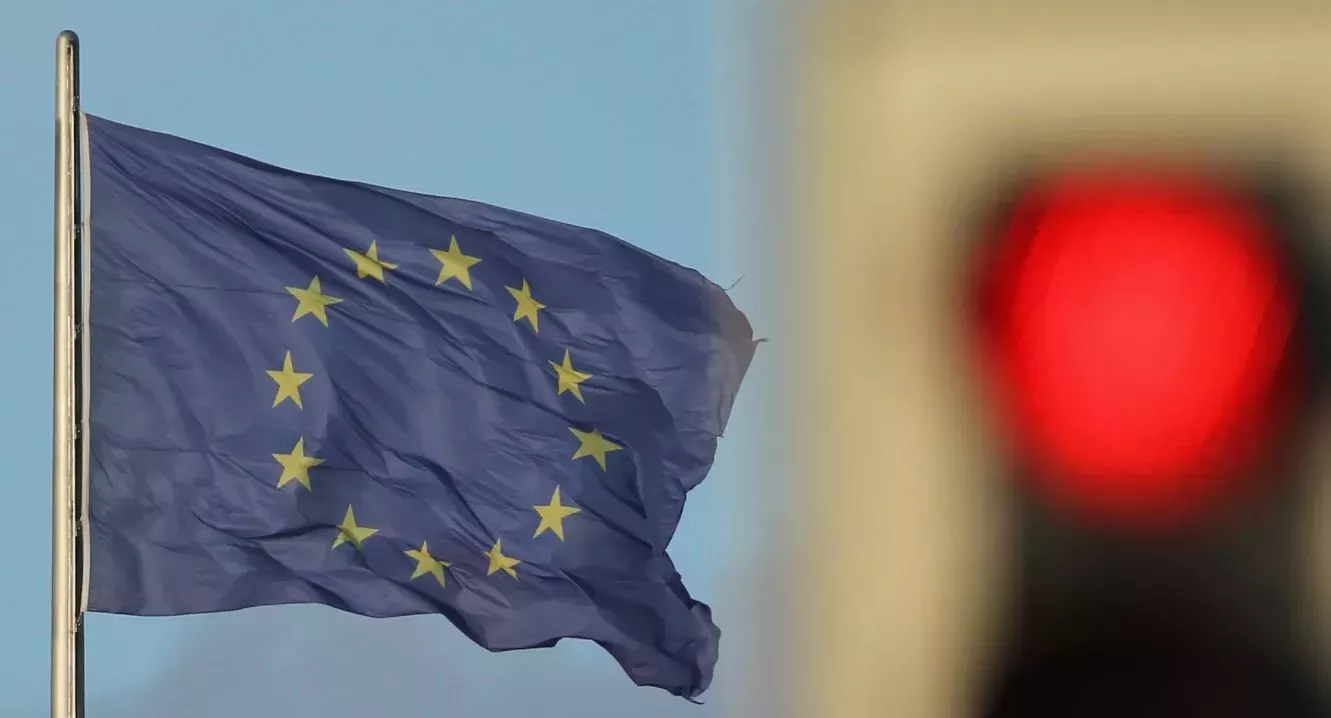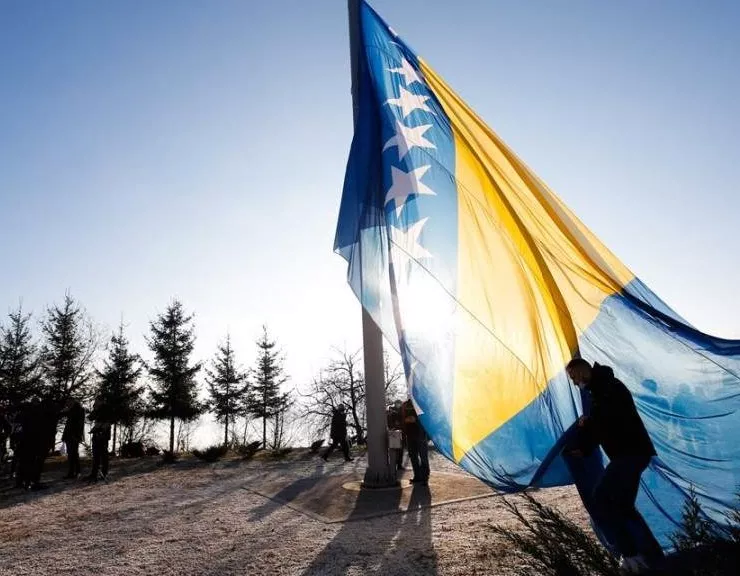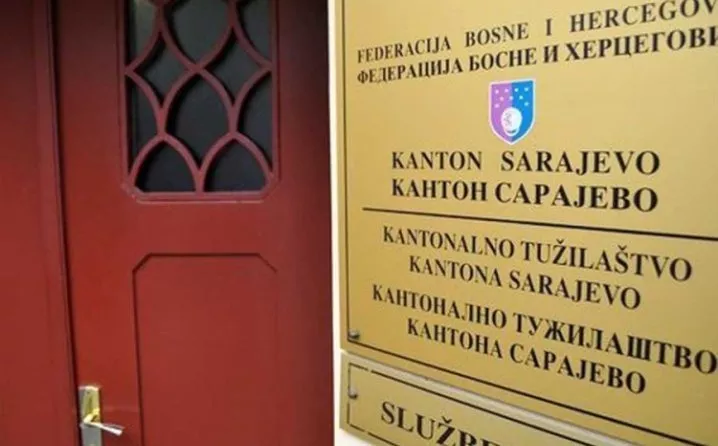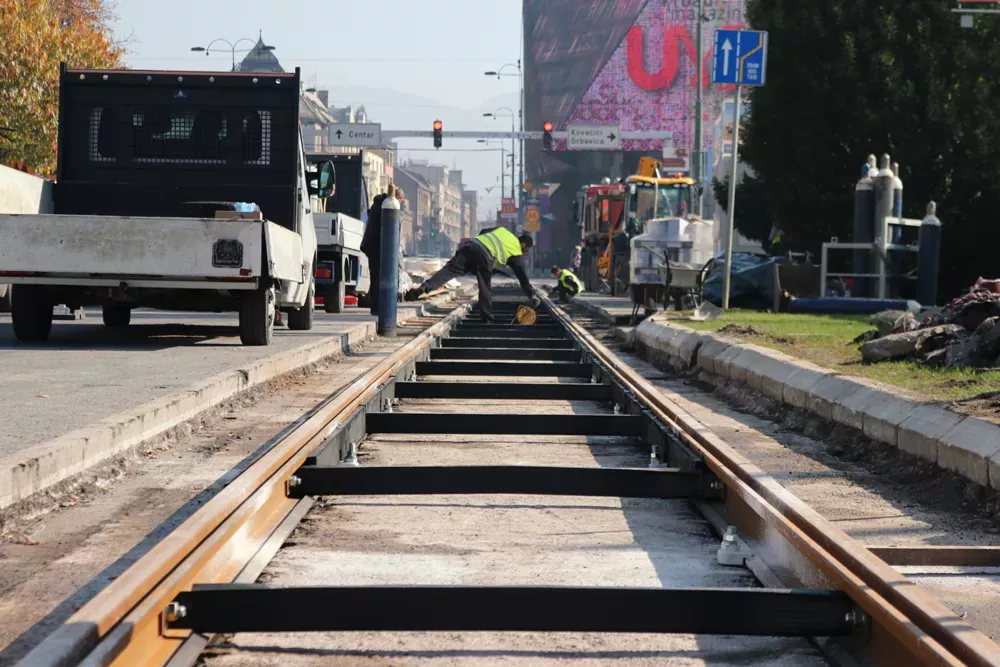Aktuelno
Članak
Damir Miljevic for Patria: We mustn't allow Agrokor companies to drain money out of BiH
One of the topics that has been making headlines these days in BiH and Croatia is the crisis in Agrokor company.
.jpg.webp)
One of the topics that has been making headlines these days in BiH and Croatia is the crisis in Agrokor company.
We spoke with one of the leading economic analysts in BiH, Damir Miljevic, about the problems in this company.
Damir Miljevic was born in 1958 in Banja Luka. He graduated from the Faculty of Economics in Banja Luka, and completed his master’s degree at the Faculty of Economics in Zagreb. Miljevic specialized in marketing of agriculture produce at prestigious Colorado State University in the US.
PATRIA: How do you see the crisis in Agrokor, how has it evolved?
Surely, the problems of Agrokor did not start just yesterday; the situation has been evolving for a few years at least. The fact that the western banks refused to back up Agrokor in its plans so Todoric had to turn to Russian capital, was the first indication that something was wrong at the bottom. When we take into consideration that, at the time of inexpensive capital in Europe, Agrokor incurred debts at the Berlin stock market of over 9%, it is clear that entire system was unstable and shaky, and that appetites for growth and expansion were far greater than realistic capabilities of this company.
PATRIA: Who is most responsible for the crisis? Do you think the crisis could have been avoided?
To my knowledge, the Agrokor crisis is primarily a consequence of a poor management by its owner and the management team, as well as an inadequate business model that is entirely oriented towards expansion and physical growth without taking into account the need for development and financial and business stabilization of the company.
This accelerated expansion at any cost required every now and then additional amounts of money for financing the expansion so Agrokor became insolvent for its failure to meet its financial obligations towards both financers and vendors.
PATRIA: Could this crisis have implications on BiH?
Regardless of rhetoric of BH government in that regard, and their attempts to contain the situation, the Agrokor crisis is rather serious and as such is likely to shake up the entire region. The fact that Croatian government had to take over running of the company to save what can be saved – speaks for itself. Governments of Slovenia and Serbia have been alarmed and, as far as I can see, Slovenians will pass a bill aimed at minimizing the damage caused by Agrokor crisis, primarily the one relating to Mercator.
In BiH, Agrokor owns a dozen of companies so it is unlikely that BH economy will see no consequences of the crisis, particularly as debts to vendors of Konzum in BiH are rather large and the BH companies which delivered their goods directly to the Agrokor companies outside of BiH are quite a few.
Situation is highly critical – it would not be good at all to repeat the situation we had in the past with Tus or Slovenian construction companies in BiH which went bankrupt and left BH companies without their receivables.
PATRIA: How should BH government approach the Agrokor crisis?
The BH government should raise the alarm and start working day and night on a model that would save domestic companies from the Agrokor group, and all that in cooperation with the new management of Agrokor and the Croatian government. They should also find a safe way out for BH companies that are vendors for Agrokor group in-country and also outside of BiH. What they mustn't allow to happen is that Agrokor's companies in BiH do not pay the price for saving Agrokor in Croatia, which is a new top priority of the new Agrokor management.
Besides that, it is important to prevent Agrokor companies in BiH to drain money out of BiH while the crisis lasts. With that in mind, it is necessary to create a fitting legislation that has been non-existent thus far, and remind the management of Agrokor companies in BiH that they are BH companies even though their owners are not, and that they have to start cooperating with the local government.
PATRIA: In the case of protracting crisis, what kind of future could the vendors expect as they are most hit by the crisis?
The future of the vendors is not bright, it is entirely unpredictable. The vendors have to get organized and take on an active role in mitigating the crisis as they are the biggest victims of it. BH government should seriously consider making changes to the law on VAT in order to ease the position of the vendors and their cooperatives lest a chain reaction of insolvency, which could be deadly for a large part of the local economy.
PATRIA: Could this crisis be resolved and if so, in what way?
There's no crisis than cannot be resolved, including this one. We have to bear in mind that Agrokor crisis will last another two years, at least, and that we cannot clearly see which course it may take – whether parts of the companies from Agrokor group may have to be sold to cover the debts, or if there will be financial consolidation of the system, or there will be a combination of models, which is most likely to be done.
Whatever the case may be, BH government and local vendors must have an active role in the process to avoid big losses at the end. I'm not really sure if they all realize gravity of the situation and potential short-term and long-term damage to BH economy. What I'm fully aware of is that, in big crisis situations such as this one, everybody looks after his own interest so we should not expect Croatia to saving the Agrokor BH companies at the cost of Croatian ones, regardless of attempts of their official politics to convince us in doing so.
#English
Najnovije

Brisel bez snage: Ako EU ne može obuzdati Mađarsku, kako će zaštititi BiH od Hrvatske?

Javnost je očekivala odgovore, a Tužilaštvo i MUP KS su ih izgubili kada je pala podvala ‘vozač je kriv’!

SDA, SBiH i DF: Trojka priprema prevaru građana, namjera joj je da Vlada KS nastavi raditi u tehničkom mandatu

Karamehmedović: Sutra ističe rok koji nam je dala EBU, slijedi blokada računa i mogući kraj BHRT-a

Južna interkonekcija na mrtvoj tački: Dok Kabiri obmanjuje Amerikance, predstavnici HDZ-a koče proces izgradnje
Najčitanije

Dan nezavisnosti BiH obilježava se 1. marta i ne prenosi se, Hota-Muminović proglasila i 2. mart neradnim danom?

ŠTETA I UK NE ZNAJU Tužilaštvo KS neće provoditi istragu o dugu KJKP Gras zbog neplaćanja poreza i doprinosa

Komisiji za borbu protiv korupcije stigle prijave: Ko unaprijed gradi carinske terminale za UIO i kome se pogoduje

UTAKMICA BORCA I BOSNE U Banja Luci izviždana i prekinuto intoniranje himne BiH

Vlada KS: Rekonstruisana tramvajska pruga ima sve upotrebne dozvole
